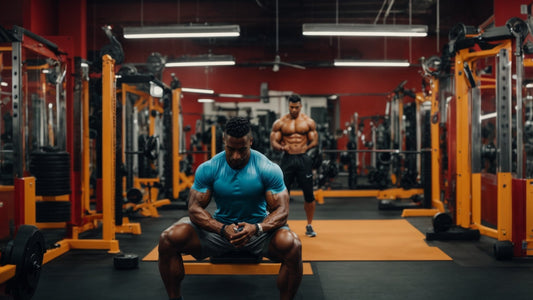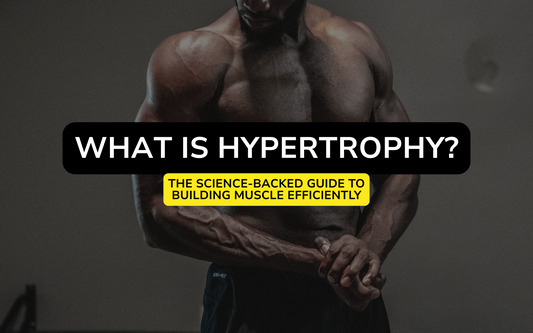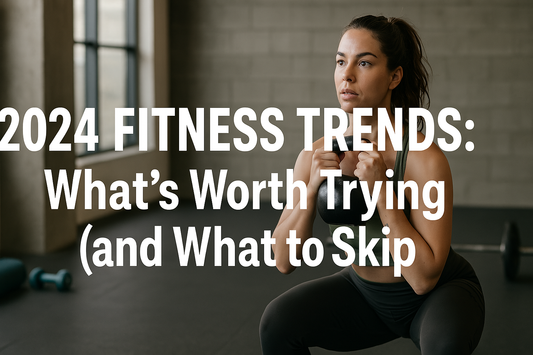What is Leg Press?
The leg press is a fundamental lower body exercise performed on a weight machine where you push a weighted platform away using your legs. Primarily targets quads, hamstrings, and glutes while being easier on the back than squats.
How to Do Leg Press with Proper Form
Step-by-Step Guide
- Sit back with hips and shoulders firmly against pad
- Place feet shoulder-width on platform (toes slightly out)
- Release safety handles and lower knees toward chest
- Descend until knees form 90° angle (or comfortable depth)
- Drive through heels to push platform back up
- Stop just before locking knees at top
Pro Tip: Keep your lower back flat against the pad throughout movement.
Top 3 Leg Press Benefits
- Builds quadriceps mass and leg strength
- Reduces spinal compression vs barbell squats
- Allows heavy weight with lower injury risk
- Improves knee stability (when done properly)
Most Common Leg Press Mistakes (and Fixes)
Mistake #1: Partial Range of Motion
Fix: Lower until thighs are parallel to platform
Mistake #2: Knees Caving Inward
Fix: Push through outer edge of feet
Mistake #3: Lower Back Lifting Off Pad
Fix: Reduce depth and engage core
Mistake #4: Locking Knees at Top
Fix: Maintain slight knee bend
Leg Press FAQs
Is leg press better than squats?
Leg press isolates legs more while squats work full-body. Use both - leg press for quad focus, squats for functional strength.
How much weight should I use?
Beginners: 0.5-1x body weight. Intermediate: 1.5-2x body weight. Advanced: 2.5x+ body weight.
Where to place feet on platform?
Standard position: Shoulder-width mid-platform. High placement emphasizes hamstrings/glutes. Low placement targets quads.
Safety Tips
- Never lock safety mechanism while moving
- Start with light weight to learn movement pattern
- Keep hands on handles (not knees) during movement
- Stop if you feel knee pain or back rounding







